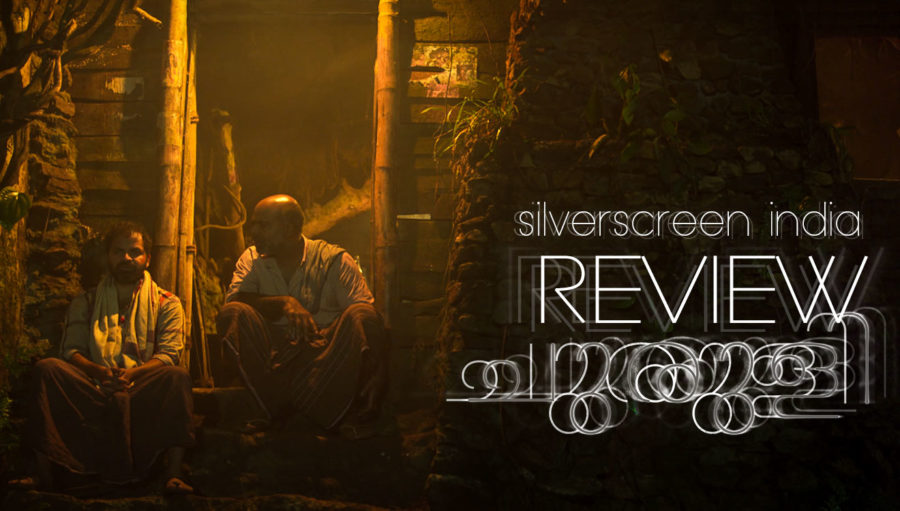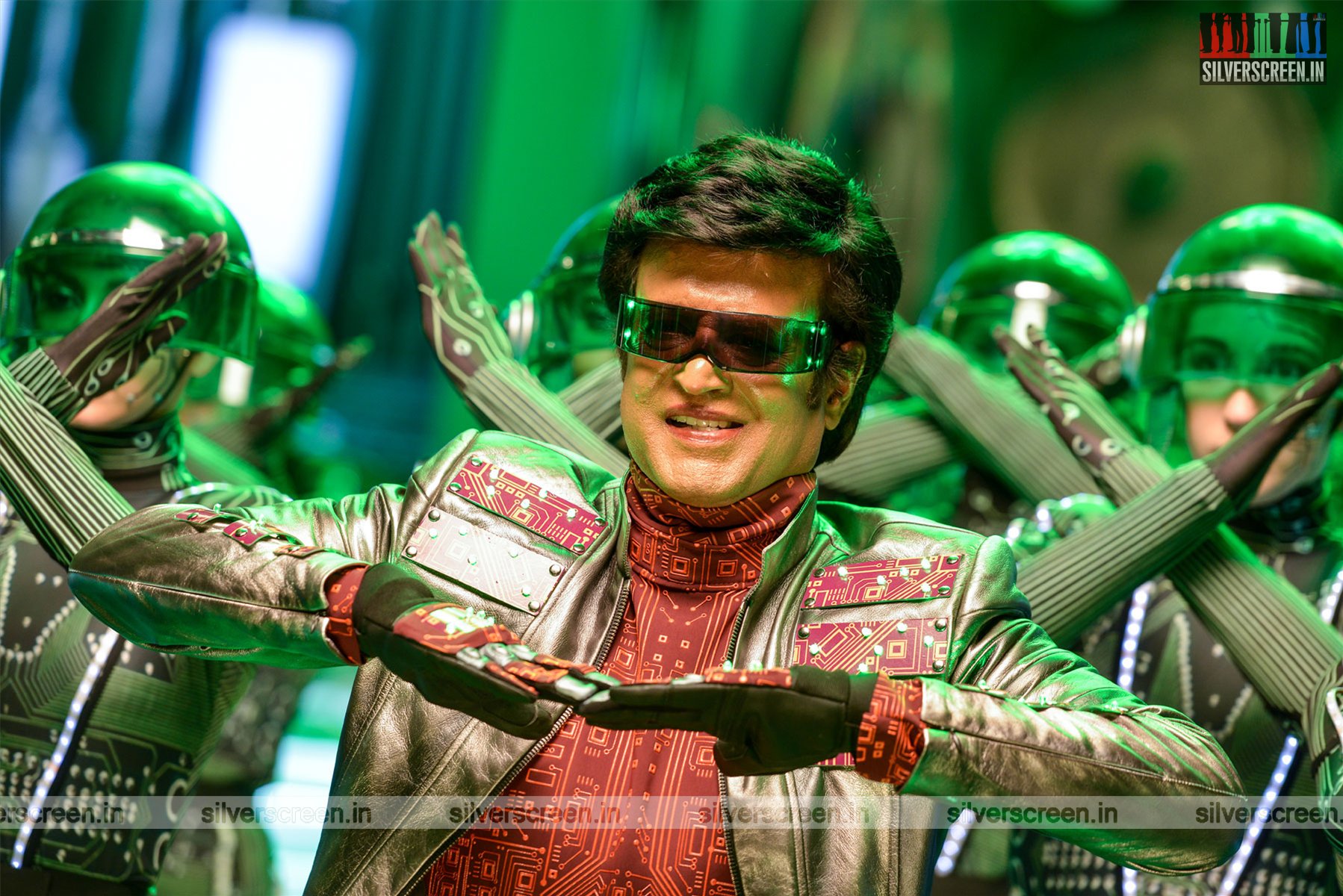Director: Lijo Jose Pellissery
Cast: Chemban Vinod Jose, Jaffar Idukki, Vinay Forrt, Soubin Shahir, Joju George, Geethi Sangeetha
Two policemen from a Malabar small-town disguise themselves as daily-wage labourers and travel to a remote mountain hamlet to arrest a fugitive. “This world is teeming with criminals. Our job is to nab the ones we need and pay no attention to the others,” sermonises the senior to the junior. The village seems like a normal place at first, inhabited by the salt of the earth. But something is lurking in its shadows.
Lijo Jose Pellissery enjoys a cult status among the young moviegoers in Kerala that few of his contemporaries do. A mere mention of his name on the screen prompts applause in cinema halls. His macabre portrayal of the menfolk in a village chasing a buffalo in Jallikattu (2019) had not only earned an undue amount of praise from all corners but also became India’s official selection to the Oscars. Not very long after the premiere of Jallikattu, Lijo made his next film, Churuli which is set in a similar milieu ﹣a remote forest village full of men with a talent for violence. Three women make a brief appearance, only to amplify the noises in the male universe. Not soon after the movie begins, not so surprisingly, everything descents into a state of madness.
A tidbit about the language of Churuli is displayed on the screen at the beginning, presenting the film as an ethnographic work. It is just one of the many deceits the film tries out. Lijo’s vocabulary hasn’t changed much from the days of Double Barrel. If he had tried his hands at being a metaphysician in Ee Ma Yau and Jallikattu, in Churuli he returns to where he began ﹣playing with the possibilities of the commercial cinema to create a visual mishmash that looks off-mainstream.
The film opens with a woman’s voice-over narrating to a young man (or a boy) the story of a brahmin who, while looking for a mischievous minion named perumaadan, got trapped in an unending spiral inside a forest. There are frequent allusions to this story in the narrative, in the form of symbols and signs like close shots of spider webs.
But there is much else than the visual gimmicks. Lijo inserts an excess of curious elements into the narrative to create an irrational world to house the perumaadan fable. Although the plot is intrinsically connected to the place it is set in, the film is indifferent to its physical environment. The thick rain forest is brutally disfigured in every frame using over-the-top visual effects. Characters are loud and impertinent, drawing attention to themselves in every shot. There is no moment of rumination.
The cops find a job in a toddy parlour inside the forest, run by a villager whose name they can’t confirm (Jaffar Idukki). The parlour has the ersatz aesthetics of Kochi’s modern cafes that mimic old-fashioned rural eateries. At night, the area around it becomes a theatre of horror. Glowing apparitions flash across the forest. Bodiless tuskers trumpet from dangerous proximity. Lijo creates a space-time discordance ﹣a loop ﹣ using knotty editing that seems more whimsical than like a plan.
The movie’s dialogue sound stilted. In a scene in the beginning, Antony (Chemban Vinod Jose), the senior policeman, explains to Shajeevan (Vinay Forrt), the junior who is not quite a fresher in the field, the simple nuances of being a cop in civilian clothes. The film’s perspective of human beings has an exhausting simplicity. The villagers are raw meat-eating pre-cultural creatures who kill, cuss and fornicate like beasts. They are without a past. The film doesn’t deal with the sociological context of the villagers’ hostility towards the outsiders. There seems to be no future too. In a scene close to the climax, an abject mess, the villagers gather around the cops and discuss different ways to kill them. For comic effect, their lack of concern for humanity and law is stretched to a senseless extent.
In all fairness to the plot, there could have been an exciting film in this clutter. Unlike Antony, who loses himself in the unbridled fun the village offers, Shajeevan starts to transform psychologically into someone the village seems to be familiar with. Every villager he meets tells him that they have seen him before. At one point, out of the blue, he becomes fluent in the village’s tongue. At the village’s only hospital, a sauna-massage parlour, run by a woman determined to seduce healthy men in her vicinity, he is accused of fooling around with a boy. It must be noted that paedophilia is one of the crimes the fugitive they are looking for has on his records. Is he the same young man the woman narrated the story of perumaadan and the brahmin to? Is he a real person or just another element in the loop that the minion constructed? Lijo, using technical complexities, gonzo production design and convoluted storytelling, ensures that the viewers don’t find the answers to these questions the first time.
Recommended
However, he doesn’t offer enough incentive for the viewer to return for a second watch.
The Bible, the filmmaker’s favourite text, makes an appearance too. Two passages, of Ezekiel and Jeremiah, bookend the film ﹣a feeble effort to tie the loose ends together and furnish some profoundness on the film’s shallow texture. But there is only so much God can do when the men are resolved to uphold nonsense.
****
The Churuli review is a Silverscreen original article. It was not paid for or commissioned by anyone associated with the film. Silverscreenindia.com and its writers do not have any commercial relationship with movies that are reviewed on the site.



